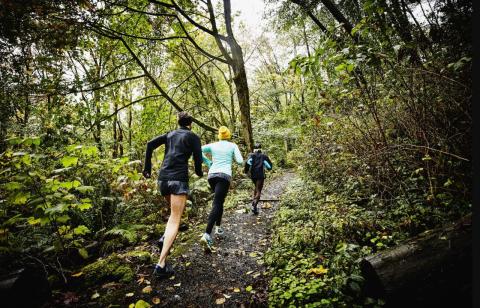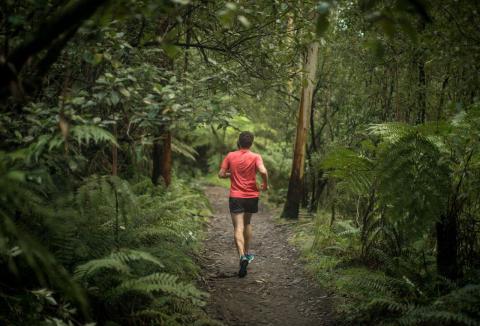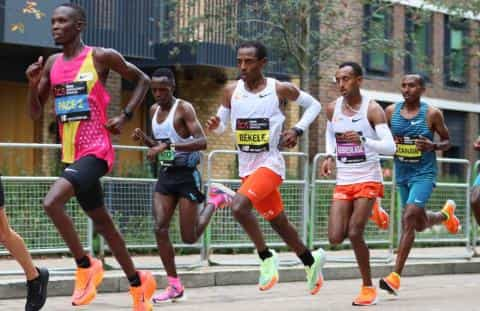

Embarking on a trail marathon is an adventure that offers an unrivaled blend of physical challenge and exposure to the natural world. Unlike road marathons, trail marathons present unique challenges such as uneven terrains, steep inclines, and unpredictable weather conditions. Thus, preparing for a trail marathon requires a specific and strategic approach tailored to these demands. Here is an in-depth guide on how to gear up for the unique challenges of trail marathons.
1. Adapt to the Terrain:
Trail running is as much about agility and balance as it is about endurance. Start by incorporating trail runs into your training routine to get accustomed to the uneven and often unpredictable terrain. Start slow and focus on your footing, gradually increasing your speed as you become more comfortable.
2. Strengthen Your Body:
Strength training is paramount when preparing for a trail marathon. Incorporate exercises that strengthen your core, legs, and ankles to withstand the rigors of trail running. Exercises like lunges, squats, step-ups, and planks can be beneficial. Yoga and Pilates can also enhance your balance and flexibility.

3. Hill Training:
Trail marathons often include significant elevation changes. Hill training will enhance your stamina, build your strength, and improve your running efficiency. Incorporate both uphill and downhill running in your training. Remember, running downhill can be just as challenging as uphill due to the increased impact on your knees and the need for controlled pacing.
4. Long Runs:
Like any marathon preparation, long runs are critical to build endurance. However, for trail marathons, it's better to focus on time spent on your feet rather than distance covered due to the varying terrain and pace.
5. Nutrition and Hydration:
Trail marathons usually take longer to complete than their road counterparts. It's crucial to practice your nutrition and hydration strategy during your training. Experiment with different energy gels, bars, and drinks during your long runs to see what works best for you.
6. Gear Up:
Invest in a quality pair of trail running shoes that provide good traction, stability, and have a protective toe cap. Also, consider a hydration pack or belt for carrying water and nutrition. Depending on the weather conditions, you may need a waterproof jacket, a hat, or gloves.
7. Mental Preparation:
Trail running often involves solitude and self-navigation. Prepare mentally for the challenges ahead. Visualization, meditation, and positive self-talk can be powerful tools in your training arsenal.
8. Respect the Environment:
Finally, remember that running a trail marathon is about co-existing with nature. Learn to respect the environment and leave no trace behind. Always stay on the marked trails and be aware of the local wildlife.
Training for a trail marathon is a journey that requires careful preparation and respect for the unique challenges it presents. It tests not just your physical fitness but also your mental strength, agility, and resilience. With the right approach to training, your trail marathon can be an incredibly rewarding experience.
Discover More Content





